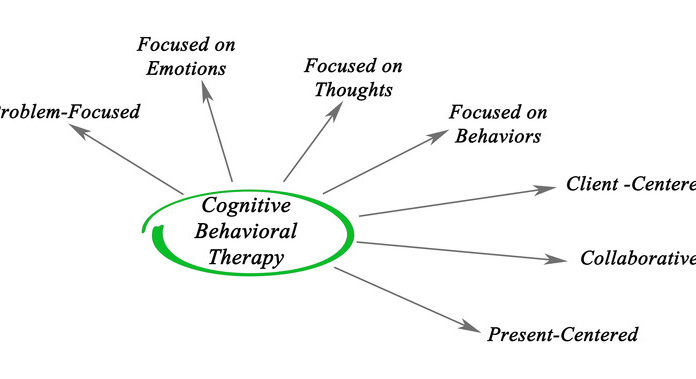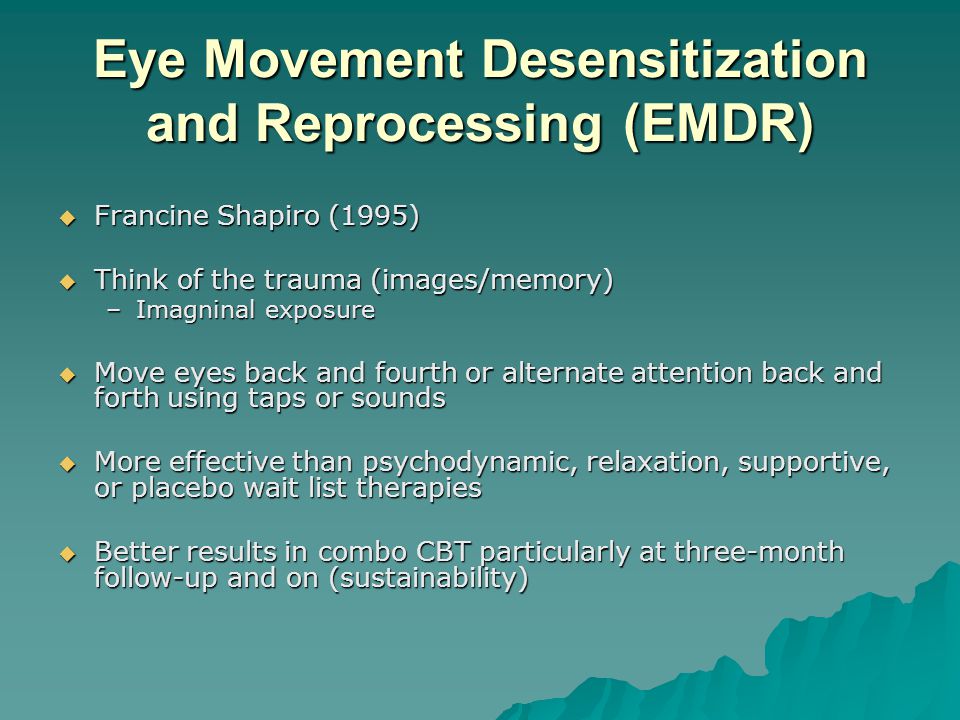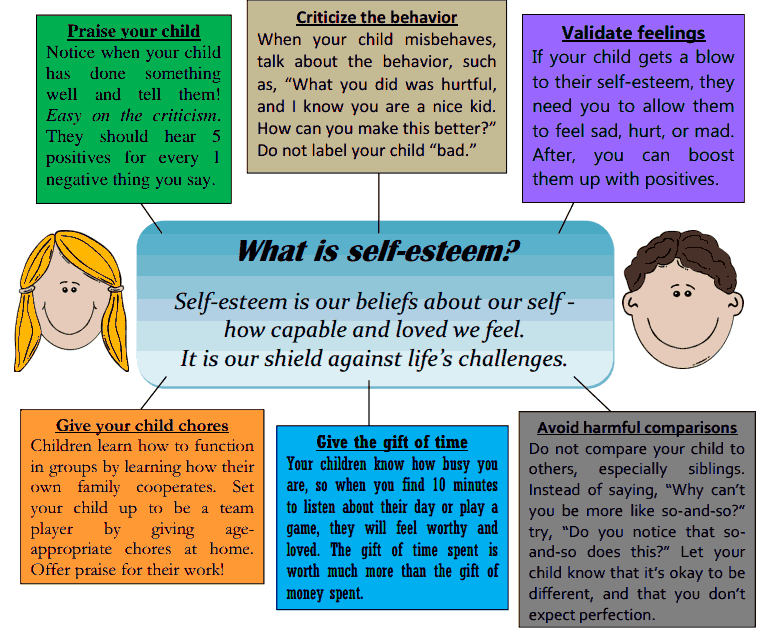Stuttering when nervous
How To Stop Stuttering When Nervous
What do President Joe Biden, singer Kendrick Lamar, and actresses Nicole Kidman and Marilyn Monroe have in common?
They’re people who stutter.
Maybe you know exactly what you’re trying to say, but have difficulty communicating for other people to understand clearly. Perhaps your child can write and understand speech clearly but has difficulty articulating the words they’re trying to say.
Communication can be a challenge for some, and stuttering is a real medical condition.
Three million people. That’s the number of Americans that stutter.
Stuttering isn’t something to write off — it’s a clinical speech disorder. Stuttering is defined by the repetition of sounds, syllables, or words; prolongation of sounds; and interruptions in speech, according to the National Institute on Deafness and Other Communication Disorders.
If you find yourself struggling with what to say and how to say it, you may have a communication disorder that makes normal speech production challenging. Schedule a free introductory call with Great Speech to discuss the stuttering concerns you are facing, as well as the best online speech therapy plan to be in better control of your stutter.
Is there anything I can do to stop my stuttering symptoms when nervous and make communication easier? You’ll find the answer here, as well as the 15 top questions we hear from people with stuttering.
What causes stuttering? Are there different types of stuttering?No one knows exactly how stuttering begins, but according to the American Speech-Language-Hearing Association, there are two potential causes:
- Family history: those who stutter often have a family member who also stutters
- Brain differences: minor, neurological differences in how the brain works during speech may be observed in people who stutter
Genetic predispositions of stuttering have only recently been studied as recently as 2010.
There are two core types of stuttering:
- Developmental stuttering: this type is more common and generally occurs in children, whose speech and language development are unable to keep up with their verbal demands.

- Neurogenic stuttering: this form occurs from brain injury, things like a stroke, head trauma, or other brain injuries. Clear, fluent speech is difficult because the brain is unable to artfully coordinate the different brain regions that contribute to communication.
Stuttering may be more common in children, but it affects people at all ages and stages of life.
As language and communication are critical components of early childhood development, stuttering most commonly occurs in children between the ages of 2 and 6.
When do I need to obtain a diagnosis or consider professional help for stuttering? How do I know if my child needs speech therapy?Here are some helpful criteria to consider when you should see a speech-language therapist about your child’s stuttering:
- You’ve noticed stuttering has continued for at least 6+ months
- Stuttering is observed more often
- You notice your child tenses up or struggles when communicating
- Your child tells you that it’s too hard to talk or say the right words
- You have a family history of stuttering
Your pediatrician may recognize a lack of progress toward developmental milestones, but won’t specialize in identifying these nuisances related to stuttering, so it’s critical for your child to be examined by a speech-language pathologist. Our team takes pride in expertly identifying, measuring, and evaluating our client’s speech and language.
Our team takes pride in expertly identifying, measuring, and evaluating our client’s speech and language.
Developing a new stutter as an adult, after no childhood history of stuttering, is extremely rare and might be neurogenic stuttering. It is recommended to speak with your medical doctor to determine any appropriate intervention or diagnosis, who will likely refer you to a certified speech therapist, like the ones on our Great Speech team.
Other instances of stuttering as an adult may be caused by side effects of prescribed medications, severe emotional distress, or other unknown causes.
What if stuttering is worst when stressed? Why do I stutter when I’m nervous?If you’re wondering how to overcome stuttering when nervous, it’s important to relax, try and remove any pressure or anxiety you’re experiencing, and breathe deeply.
Can stress cause stuttering? Stressful situations, especially those where your anxiety may be high, can make your stuttering worse and stifle the muscle movements your body needs to make in order to speak clearly.
There is a significant connection between stress, nervousness, and anxiety when it comes to stuttering. The Stuttering Foundation has resources available on this subject, including a virtual learning webinar on Acceptance and Commitment Therapy to provide a “mindfulness-based approach which aims to increase individuals’ psychological flexibility”. The program is recommended for children, teenagers, and adults who stutter.
Is stuttering a sign of anxiety?Stuttering can impact every area of your life, whether you expect it or not. If you’re often impacted by the difficulty of clearly articulating what you know you’re trying to say, you may be asking yourself: why do I stutter in public? Why do I stutter during presentations?
Trepidation, anxiousness, a feeling of nervousness, or fear of embarrassment may impede speech function and worsen your stuttering. Stuttering is not necessarily a sign of anxiety, but anxiety may make your stuttering more severe.
If you have stuttering and must give a speech or presentation in front of a class or an important group of people, speaking clearly may prove more difficult for you.
Unfortunately, stuttering comes with some drawbacks: people with stuttering may have difficulty sustaining meaningful relationships with others, pursuing job opportunities, and other detrimental effects. The silver lining? A normal, happy, fulfilling life can be obtained with new confidence and great speech!
If I stutter as a child, can stuttering continue as an adult? Does stuttering stop on its own?It’s said that approximately 75 percent of children will fully recover from stuttering, and most children outgrow stuttering on their own.
That being said, for the remaining 25 percent, stuttering is a lifelong disorder that presents a frustrating barrier to clear, effective communication. Stuttering can be improved through careful intervention, especially improving confidence in everyday situations and interpersonal relationships.
How do I stop stuttering? Can stuttering be cured?There is no cure available for stuttering, but numerous treatments are able to reduce the symptoms of stuttering and improve speech fluency.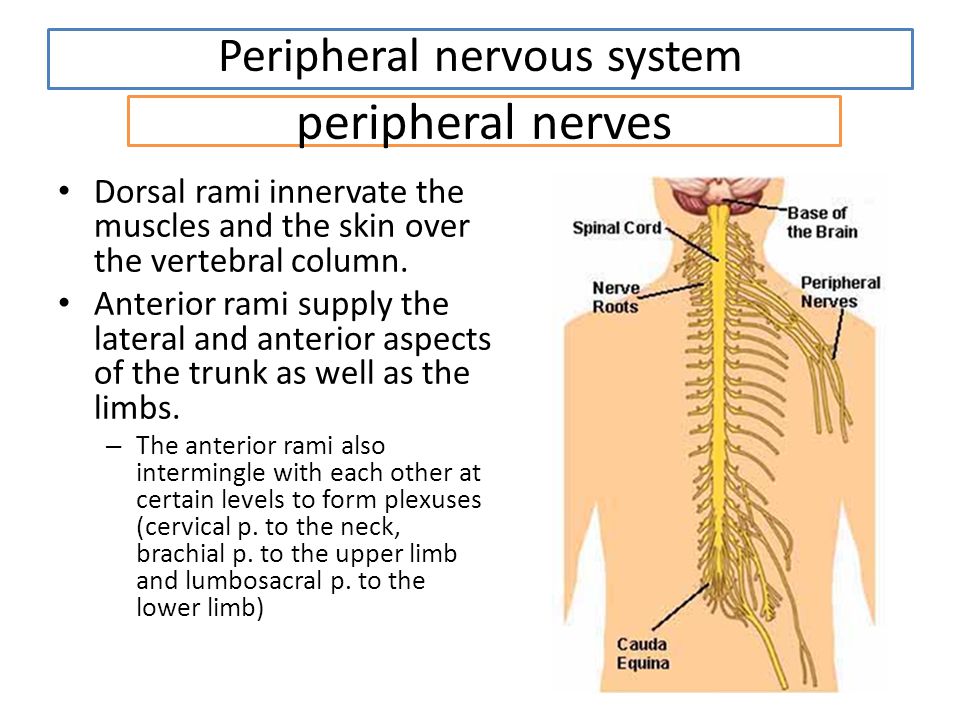
Relaxing, speaking slowly, breathing carefully, and gradually introducing words and difficult phrases are all techniques used in speech therapy for younger children.
Check out our easy-to-follow tips for more on how to begin to stop stuttering on your own.
With older children and adults who stutter, speech therapy will manage stuttering and improve confidence in situations where fear or anxiety may influence speech in social situations.
The National Institutes of Health recommends that children seeking speech therapy do so in a relaxed home environment where the child is most comfortable to speak. Virtual online speech therapy is the perfect model for your child to eliminate any anxiety that can worsen stuttering. Book an introductory call with our online experts and experience direct solutions to improve stuttering today!
How Not to Stutter When You're Nervous
“What if I stutter?”
“I’m going to stutter on this word. ”
”
“What if I get stuck?”
“I have to speak in front of how many people?” “What will they think of me if I stutter?”
Racing heart, trembling, difficulty breathing. Tingly hands, chest pain, stomach pain.
If this sounds familiar, you are not alone.
Research shows that approximately 60% of adults who receive speech therapy for stuttering also experience social anxiety. That’s compared with just 6.8% of the general population.
Although anxiety isn’t the root cause of stuttering, feeling worried that you might stutter can affect the smoothness of your speech. Anxiety and fear of public speaking creates a feedback loop, where fear of stuttering leads to increased tension associated with speech. So how can you speak with ease when you’re nervous? Here’s the good news: There are techniques you can use to break this cycle and manage your stutter when you’re feeling anxious.
Why do people stutter when nervous?
About 1% of the population stutters. You can learn more about what can cause stuttering here. People who stutter may become socially anxious and fear speaking in front of others. Many worry that their stuttering will hurt their ability to participate in social activities and advance in their career.
You can learn more about what can cause stuttering here. People who stutter may become socially anxious and fear speaking in front of others. Many worry that their stuttering will hurt their ability to participate in social activities and advance in their career.
Negative thoughts and beliefs associated with stuttering can actually lead to increased stuttering. People may then avoid situations in which they’ll have to talk.
When you feel anxious that you might stutter, that’s your nervous system telling you that speaking in front of others doesn’t feel safe. The brain remembers negative experiences and associates painful memories with stuttering.
So, how do we retrain the brain so that our nervous system recognizes speaking as a fulfilling and positive experience, one that leads to human and social connection?
What happens in your body when you feel anxious about stuttering?
Our body’s autonomic nervous system is responsible for automatic, involuntary functions of the body, such as our heart rate and breathing.
The autonomic nervous system is made up of two systems: the parasympathetic nervous system and the sympathetic nervous system. The sympathetic nervous system activates the “fight, flight, or freeze” response, which stimulates stress when triggered. When our body perceives a stressor, the sympathetic nervous system becomes activated. Stress hormones such as adrenaline and cortisol are produced by the adrenal glands. Our heart rate increases. Blood pressure rises. Our lungs hyperventilate.
When this process happens repeatedly, our bodies go into “survival mode,” meaning our bodies are on high alert.
Your nervous system doesn’t recognize the difference between having to make a public speech and coming into contact with a tiger.
If you’re a person who stutters, when you’re standing in front of a group of people, anticipating having to say your name, or preparing to make a phone call, your sympathetic nervous system might respond.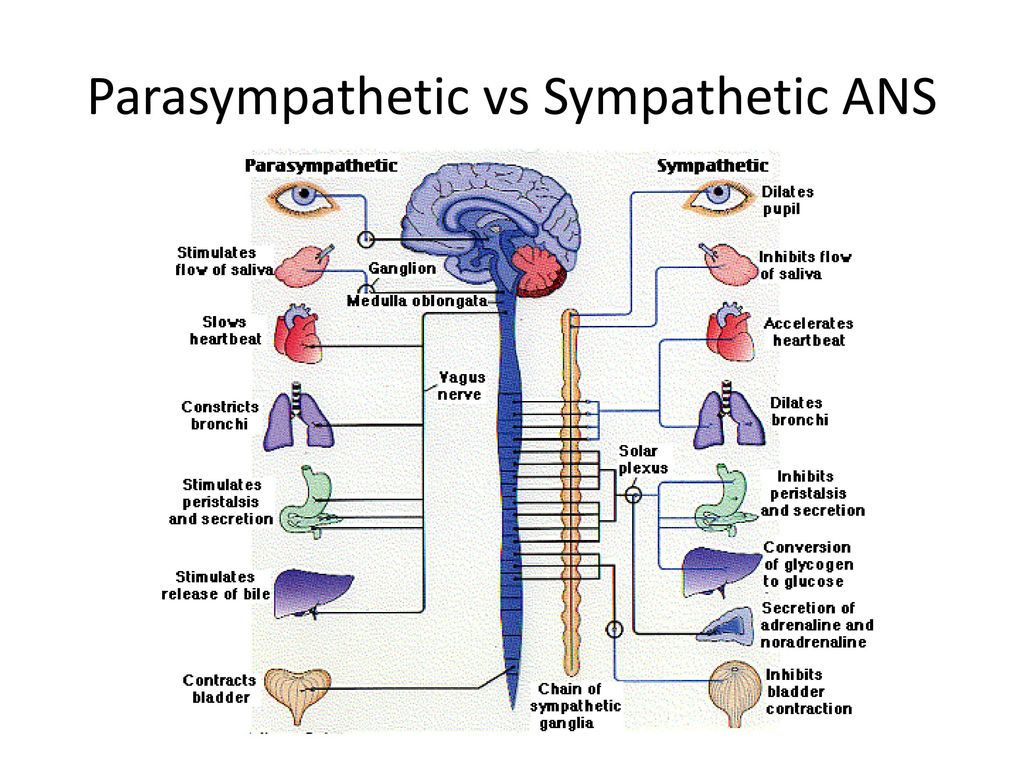
Then, when the perceived danger is gone, the parasympathetic system activates. Your heart rate decreases, blood pressure lowers, and blood flow returns to the vital organs. The parasympathetic nervous system allows for healing to occur.
An experienced speech therapist will use a holistic, whole-person approach to help you better respond to perceived speaking “dangers” with courage and confidence.
5 ways to manage a stutter when you’re nervous
Here are some techniques to help calm your nervous system and create positive experiences when you speak.
1 Try using breathing techniques
When practiced regularly, breathing exercises can reduce anxiety, increase the quality of your sleep, improve digestion, and so much more. Many people who stutter and people with anxiety tend to take quick, shallow breaths, which doesn’t allow enough oxygen to enter the body. The breath is also what turns the voice on! I recommend Dr. Andrew Weil’s 4-7-8 breathing for my clients. However, there are thousands of breathing techniques if this one doesn’t work for you. My tip would be to inhale through the nose, then increase the length of the exhalation. The exhale is what calms the nervous system down.
However, there are thousands of breathing techniques if this one doesn’t work for you. My tip would be to inhale through the nose, then increase the length of the exhalation. The exhale is what calms the nervous system down.
2 When you're scared or anxious, allow your body to shake and move!
Rather than holding adrenaline in and creating more tension in your muscles, allow the adrenaline to move through your body. This will release tension, which will allow your breath to move freely.
3 Slow your mind, body, and speech rate
Techniques to slow your speech rate include pausing, stretching out your words, using over-articulation, and increasing mouth opening. These types of techniques are taught in speech therapy sessions.
4 Notice where you're holding tension in your body
Is your tension associated with a negative thought, emotion, or experience related to stuttering? Simply begin to notice when and where you have that feeling. Over time, you can retrain your brain to replace negative thoughts and emotions with positive, fulfilling interactions and compassionate practices.
5 Join a stuttering support group
Find a community of individuals who understand the challenges you’re going through. Know that you are not alone. Social connections stimulate the parasympathetic nervous system, the “rest and digest” response.
Working with a licensed psychotherapist or counselor, along with a speech therapist trained to work with people who stutter, can help you manage your anxiety and experience the joy of connecting with others through speech.
Sign up for our newsletter
Fun and easy speech and language tips served up every month!
signs, symptoms, causes, diagnosis and treatment of the disease
Font size Color scheme Images
x
Make an appointment
Name* Phone* Adult Child (under 18)x
Book an analysis
Name* Telephone*☆ st. Malaya Balkanskaya, 23 (m. Kupchino)
Dunaisky ave. , 47 (m. Dunaiskaya)
, 47 (m. Dunaiskaya)
Udarnikov ave., 19 (m. Ladozhskaya)
st. Marshala Zakharova, 20 (metro station Leninskiy pr-t)
Vyborgskoe shosse, 17 (metro Prospect of Enlightenment)
- Call
435 55 55 -
Make an appointment
The information provided on this page should not be used for self-treatment or self-diagnosis. If you suspect a disease, you should seek help from a qualified specialist. Only your doctor can diagnose and prescribe treatment.
What is stuttering?
Stuttering is a speech disorder characterized by multiple repetitions of words, syllables and their lengthening. There are also stops during speech, which destroy its rhythmic flow.
Stuttering is classified into:
- tonic form - with this form there are frequent stops during speech and lengthening of words and syllables;
- clonic form - it is characterized by the presence of repetitions when pronouncing sounds, syllables, words;
- mixed form - both components are present.

In addition, there are:
- neurotic type - occurs when severe stress or emotional shock has been suffered;
- neurosis-like type - the occurrence is associated with the presence of a neurological lesion.
Most often this pathology affects children, namely boys. The incidence of such a disorder in them is several times higher than in girls.
Predisposing factors of development include:
- heredity;
- condition of the central nervous system;
- suffered mental trauma;
- past intrauterine infections and injuries;
- features in the general process of speech formation.
Symptoms
The formation of stuttering occurs spontaneously and tends to gradually develop and progress.
There are 4 phases of stuttering syndrome formation:
Phase 1 - gradual appearance of stuttering episodes, which are rare;
Phase 2 - the number of stuttering increases, accompanying gestures join;
Phase 3 - permanent presence of convulsive syndrome. Emotional stability of the patient during a conversation;
Emotional stability of the patient during a conversation;
4th phase - there is a sharp fear of talking, the patient begins to avoid verbal contacts.
The most common symptoms are:
- increase in hesitation when pronouncing words;
- adding extra words to speech that do not have a semantic load;
- impaired coordination of the tongue, lips;
- presence of convulsions in the hands and face;
- fear of a long conversation;
- expiratory shortening;
- decrease in attentiveness, memory, fatigue.
Diagnosis
The disease is diagnosed based on the clinical picture. If the above symptoms do not disappear within three months, then stuttering is diagnosed. In this case, the patient needs to consult a speech therapist and a neurologist.
In order to exclude concomitant diseases of the central nervous system, the following is performed:
- MRI diagnostics;
- rheoencephalography;
- EEG brain.

Treatment
The approach to the treatment of stuttering is complex and includes the following activities:
- sessions with a speech therapist;
- psychotherapy sessions;
- tranquilizers according to indications in minimal doses;
- antispasmodics;
- physiotherapy and massage.
Prevention
Preventive measures include:
- good nutrition;
- mode of balanced physical activity;
- full development of speech in a child with the help of books, games, walks;
- avoidance of stressful situations.
Article published : 09/05/2016
Last updated : 09/22/2022
See also
Fainting
Brain tumor
Aphasia
Licenses
Medicom LLC
(Udarnikov Avenue)
Medicom LLC
(Vyborgskoye Highway)
Medi Len LLC
(Marshal Zakharov St. )
)
MediProf LLC
prospect)
Medi Prof LLC
(Malaya Balkanskaya St.)
Go to the license section Go to the legal information section
- Clinics
for adults - Pediatric department
- Surgery Center
- Oncology Center
- 24 Hour Hospital
- Plastic Surgery
- Home Care Service
- Trauma Center
24 hours - Home
- Articles
- Features of the treatment of stuttering in adulthood.
- Psychological stuttering (stuttering when excited). Logophobia with stuttering
- - the appearance of stuttering in communication with strangers
- - in situations where it is necessary to defend one's point of view
- - in an audience with a large number of people (colleagues, classmates, queues at the store, etc.
 )
) - - the inability to say something in a fixed-route taxi, etc.
record from website DISCOUNT 10%
You are enrolling:
Clinic: {{department}}
Specialty: {{specialty}}
Doctor: {{doctor}}
Date and time: {{form.date | setTime(form.time) | dateTimeFormatted}}
Date of birth: {{age | dateFormatted}}
{{appointmentReply}}
By clicking "Sign up", I accept the terms of the user agreement, the provisions on the protection of personal data and give my consent to the processing of personal data.
In order to pass the mandatory registration, you must come to the registration desk 10 minutes before your appointment with your passport.
If the patient is a minor (children under 18), it is mandatory to be accompanied by one of the parents with the presentation of his passport and birth certificate of the child.
Relatives and third parties accompanying a minor must have a notarized consent of the parents or legal representatives.
If you have made an appointment with a coloproctologist, please read the information about preparing for an appointment
The price of the consultation includes:
History taking, preliminary diagnosis and examination. All additional doctor's manipulations at the appointment are paid according to the price list.
If you change your mind, please unsubscribe from the appointment by phone +7 (812) 435-55-55
The price of the consultation includes:
History taking, preliminary diagnosis and examination appointment. All additional doctor's manipulations at the appointment are paid according to the price list.
All additional doctor's manipulations at the appointment are paid according to the price list.
If you change your mind, please unsubscribe from the appointment using your Personal Account or by phone +7 (812) 435-55-55.
Are you sure you want to stop recording?
If you have any questions, call us at +7 (812) 435-55-55
Are you sure you want to change the current entry?
If you have any questions, call us at +7 (812) 435-55-55
You are subject to some restrictions on online booking.
Appointment possible via contact center.
You can sign up by phone +7 (812) 435-55-55
The specialist does not see patients of the specified age. To register please fill out the form below and you will be contacted.
Make an appointment
Would you like us to call you
?
Name Telephone
By clicking on the button, you consent to the processing of your personal data by
You will be contacted to confirm your application.
Making an appointment
Pre-registration through the website
Our employee will contact you to confirm the appointment with a specialist
By clicking on the button, you consent to the processing of your personal data by
Learn more about the quality assurance of medical services
Would you like us to call you
?
By clicking on the button, you consent to the processing of your personal data by
We will help you quickly find what you need!
Leave a request and our specialist
will select a convenient time for a communication session with a doctor
By clicking on the button, you consent to the processing of your personal data by
Get a coupon for a return visit
Screenshot of a review from Yandex.Maps*
By clicking on the button, you consent to the processing of your personal data by
Sign up
for a consultation
Choose a clinic 1st. Marshal Zakharov, house 20Vyborg highway, house 17, bldg. 1
Marshal Zakharov, house 20Vyborg highway, house 17, bldg. 1
By clicking on the button, you consent to the processing of your personal data by
Learn more about the quality assurance of medical services
Appointment for tests
Pre-registration through the website
Our employee will contact you to confirm the appointment with a specialist
By clicking on the button, you consent to the processing of your personal data by
Write to the head of customer support service
SM-Clinic
By clicking on the button, you consent to the processing of your personal data by
We use cookies. This allows us to analyze the interaction of visitors with the site and make it better. By continuing to use the site, you agree to the use of cookies.
To accept
How not to stutter when nervous
We have been helping children and adults for over 25 years
Psychological stuttering is probably the most common definition of stuttering. In medical terminology, it sounds a little different - neurotic stuttering. In fact, these two names define the same patterns in the appearance of hesitation.
These patterns in the appearance of hesitation allow us to call it psychological:
Speech is aligned in a psychologically comfortable environment.
In children, stuttering during excitement occurs much more often, because the child only learns the world and the people around him, and any situation or episode in communication that is insignificant from the point of view of an adult can be exciting. Having experienced psychological trauma and feeling difficulty in speech, the child will consolidate stuttering if he is not provided with the necessary amount of help. Having started to stutter, without even experiencing this problem, the child will begin to be “cautious”, think, "how not to stutter" in communication, i.e. logophobia appears. (logophobia overt or covert)
Logophobia does not immediately accompany stuttering. More often logophobia joins after repeated experience of failures in speech.
Treatment of psychological stuttering
Psychological stuttering or psychogenic dependence in the manifestation of stuttering is often noted by adult stutterers.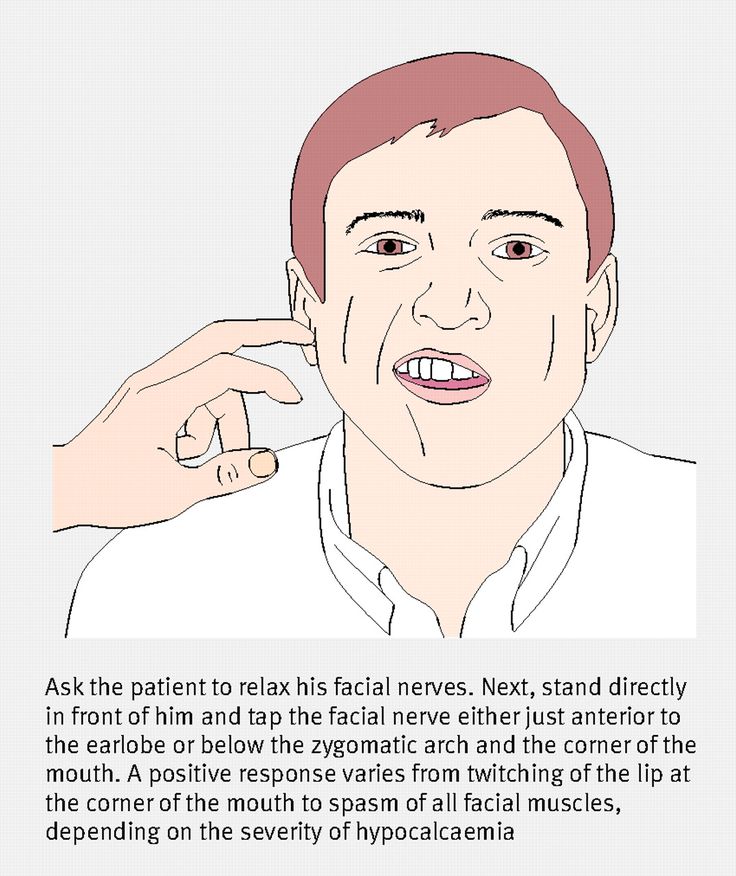 Logophobia in stuttering may be pronounced, or vice versa: it may not be given importance, especially if, due to the profession, a stuttering person rarely communicates with people or avoid communication - his personal choice.
Logophobia in stuttering may be pronounced, or vice versa: it may not be given importance, especially if, due to the profession, a stuttering person rarely communicates with people or avoid communication - his personal choice.
It is much easier to cure stuttering when the psychological experiences of the accumulated experience of failures have not joined it, there is no vivid picture of logophobia. Psychological stuttering often leads to a “vicious circle”: stuttering occurs with excitement, and failures in speech lead to even more excitement “how not to stutter” and experiences, which will aggravate stuttering and lead to a syndrome complex: stuttering + logophobia.
Don't try to diagnose yourself, whether it's psychological stuttering or logophobia. Experience, education, warm participation of the doctor will be necessary to determine the sequence in the work with stuttering and psychological experiences. Remember: the therapist is your friend and ally, not a villain who "searches out" problems!
Appointment for consultation
Stuttering treatment programs at the Speech Development Center
Children
and a speech pathologist and psychotherapist. In this case, it will be possible to get rid of stuttering faster and without the use of medicines.
In this case, it will be possible to get rid of stuttering faster and without the use of medicines.
Learn more
Schoolchildren
Correction of stuttering in schoolchildren, students in elementary grades, will rely on speech "exercises", the pronunciation of vowels and their combinations with consonants, practicing simple texts in motion.
Learn more
Adults
psychological stress during communication. Treating adult stuttering is a long process and requires patience.
Learn more
Online course
The author's method, offered on the online platform, was developed by specialists in the speech rehabilitation center and has been successfully used for more than 25 years in the treatment of stuttering.


